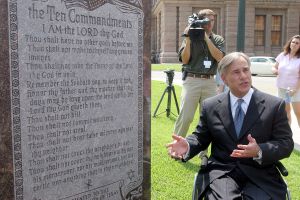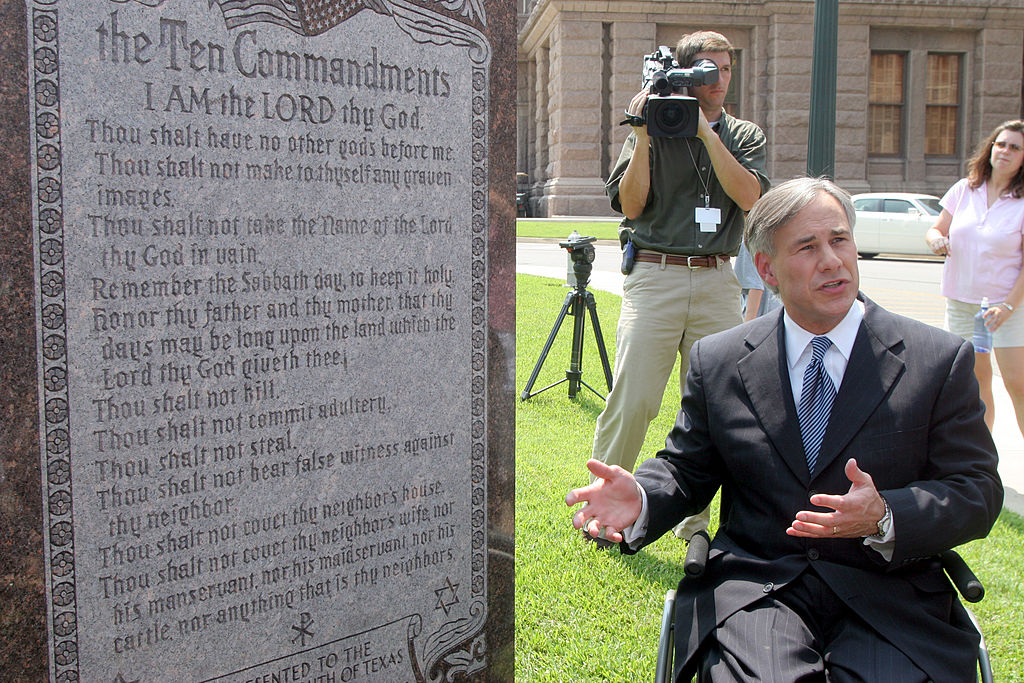A few years ago I asked Martin Amis about Philip Roth. “All his dildos,” he replied, “he’s not letting it go.” At the time the comment struck me as harsh, but this morning when I saw the sad news of Roth’s death I remembered it with a little amusement. I understood what Amis was getting at: Roth often did seem sex mad. But it was very much part of what made him glorious.
Philip Roth wrote standing up and you could kind of tell by reading him. To me, starting a Roth novel always felt a bit like embarking on a run with a supremely fit and virile man, a man who could run at any speed, fast or slow, all day and all night. Forever. Where some novelists seem to require a first chapter to bed the reader in, Roth usually needed only a sentence or two. And then it all just came rushing at you.
I read Portnoy’s Complaint, Roth’s most famous novel – largely about teenage masturbation and sexual frustration – in my early twenties high in the Himalayan foothills on my way to Everest base camp. But it didn’t really matter where you read Roth, because you were always very much in the New Jersey (Newark, specifically) of the writer’s youth.
The streets and the people and the homes were brought alive by Roth in a way that was incomparably vivid – certainly, the mountainous Himalayan scenery I was glancing up at was no match. If travel broadens the mind, thanks to Roth I returned from that expedition with one overriding piece of life wisdom: never get semen in your eye.
Portnoy’s Complaint, regarded as a classic of comic literature, was not even Roth’s funniest book. Sabbath’s Theatre is the funniest book I have ever read – it’s scandalously funny in the truest sense. At times while reading it you can scarcely believe what you are seeing; that someone has thought it all up, and that other people have allowed it to be published and sold, to you. “Either forswear fucking others or the affair is over,” is how it memorably begins and it’s downhill at a gallop with a genius from there. Locker-room talk in its purest form.
Now that he’s dead, there will no doubt be a pile-on by the joyless brigade. This is what seems to happen to all great writers when they die. But while Roth wrote about sex and the erotic life with unflinching focus – a man eats his lover’s used tampon in The Dying Animal, for example – to focus only on the writer’s gift for bringing sexuality to the page would be a mistake.
Roth was a genuine virtuoso who could do it all, often from sentence to sentence. Every page of his fiction is informed and filled by every element of every life: sadness, fury, drama – the deep frustrations and great joys of being alive. Roth was never afraid to turn his attention – his vast intelligence – to even the tiniest aspect of existence and to make it sing.
I didn’t like all Roth novels. I couldn’t get on with The Human Stain, which is structured more like a generic novel than his other work and told a story that didn’t ring true. I also didn’t particularly like The Plot Against America – which again, in its imagining of a world in which the Nazis won, is structured more like a traditional novel.
But who cares what I think? I am a pipsqueak and Philip Roth is a colossus of fiction, post-war or any time. Finding fault with his work seems impudent in the extreme. Everyone should read the Zuckerman collection of novels, for they are funny and furious and humane, and American Pastoral, too. As we go further as a society down the rabbit hole of political correctness, Roth’s novels will become increasingly important. Perhaps all liberal arts students should be required to sit a compulsory term of Roth as part of their university degree, for balance and perspective.
“I did the best I could with what I had”, Roth said with wonderful understatement when he announced he had stopped writing in 2012.
Let the record show: he had a hell of a lot.

























